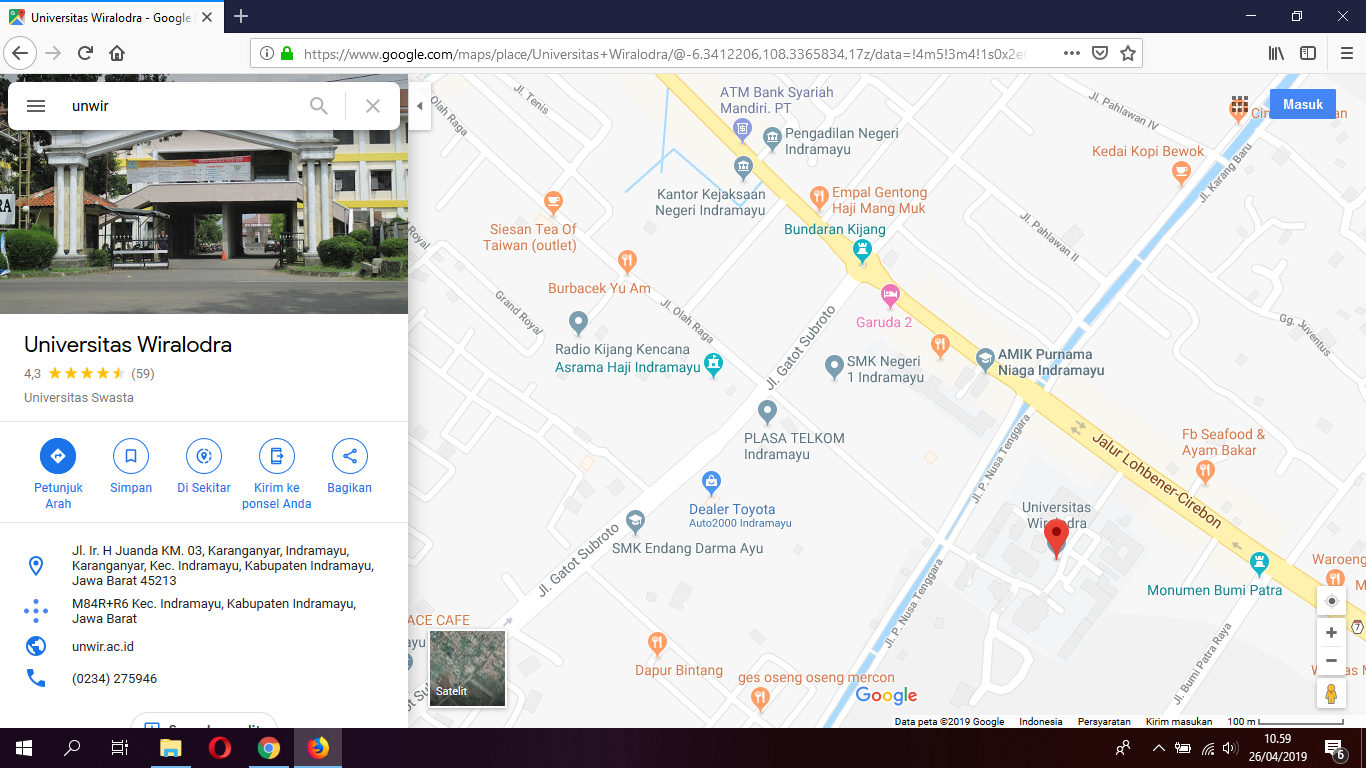Pemberdayaan Petani dalam Mengurangi Residu Melalui Pertanian Ramah Lingkungan di BPP Tambun Utara, Kabupaten Bekasi
DOI:
https://doi.org/10.31943/abdi.v2i1.21Keywords:
Empowerment, Residues, Environmentally Friendly Agriculture, Organic Fertilizers, BiopesticidesAbstract
Conventional agriculture used chemical fertilizers and pesticides for long-term had negative impacts on the environment, due to chemical residues that pollute the environment. In addition it has a bad impact on the harvest, because they contain chemical residues that may affect health of consumers. Recently, there has been a global issue in agricultural sector of back to nature, such as the use of biological materials as components of fertilizers and pesticides, as known as an environmentally friendly agriculture.
Farmers in the area of Badan Penyuluhan Pertanian (BPP) at North Tambun, Bekasi Regency, have land that is suitable for farming food crops, palawija and horticulture. The use of chemical fertilizers and pesticides in agricultural production is still quite high until now, and doesn't used exact dose, method, type and frequency. To reduce the negative impact of residues using agricultural chemicals on the environment and yields, by replacing chemical fertilizers with organic fertilizers, chemical pesticides with bio-pesticides. Farmer empowerment aims to increase knowledge, learning and skills regarding the selection of the composition of basic ingredients for making organic fertilizers and biopesticides, manufacturing training and assistance in how to apply directly to agricultural land. The outputs of PkM (Pengabdian Kepada Masyarakat) activities are increasing farmers understanding of environmentally friendly agriculture, increasing farmers knowledge in using organic fertilizers and biopesticides made by participants, and increasing interest and motivation from farmers to develop alternative organic fertilizers and bio-pesticides that are in accordance with the availability materials around and cropping patterns. It was proven that after counseling there was an increase in the knowledge aspect by 27.1%, the attitude aspect by 19.54% and the behavioral aspect by 8.9%.









